Prader-Willi syndrome
Recent articles
Oxytocin lessons from autism-linked syndromes: A chat with Christian Schaaf and Ferdinand Althammer
Oxytocin therapies have failed to consistently benefit autistic people, but their effects in people with two autism-linked conditions may yield new insights, experts argue.
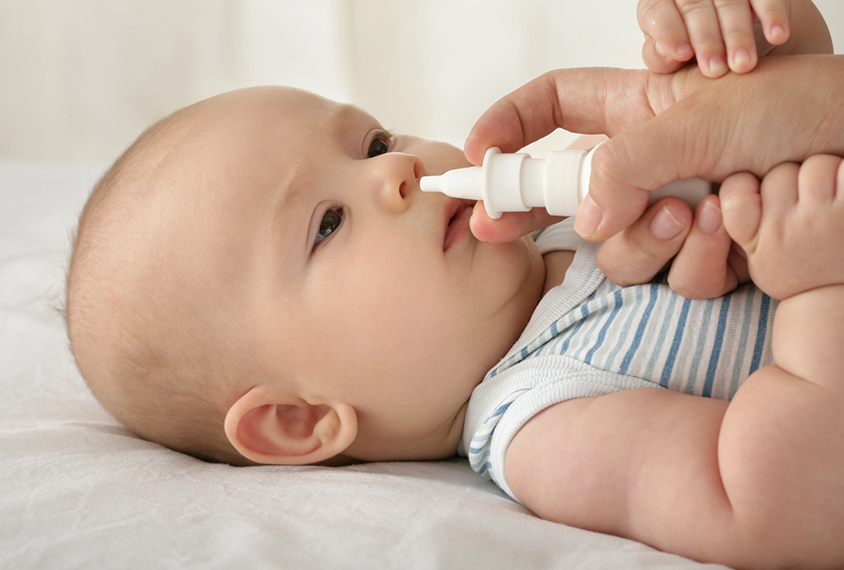
Oxytocin lessons from autism-linked syndromes: A chat with Christian Schaaf and Ferdinand Althammer
Oxytocin therapies have failed to consistently benefit autistic people, but their effects in people with two autism-linked conditions may yield new insights, experts argue.
Dispatches from SfN 2021: Mitochondria, Rett therapy and oxytocin
These short reports from Spectrum journalists highlight some of the autism-related findings that caught our attention at the meeting this past week.
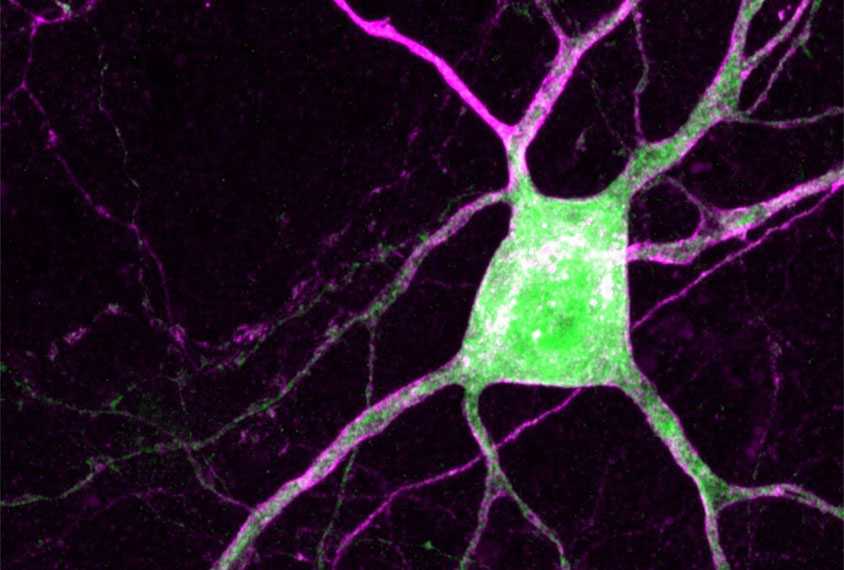
Dispatches from SfN 2021: Mitochondria, Rett therapy and oxytocin
These short reports from Spectrum journalists highlight some of the autism-related findings that caught our attention at the meeting this past week.
The push to screen newborns for rare autism-linked genetic conditions
As treatments for some autism-linked genetic conditions inch closer to the clinic, researchers are talking more urgently about screening all newborns for such conditions.
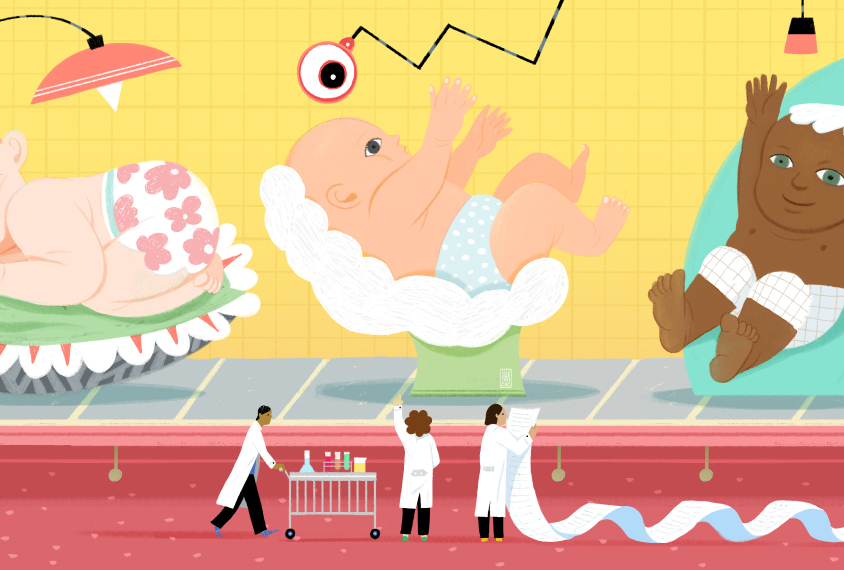
The push to screen newborns for rare autism-linked genetic conditions
As treatments for some autism-linked genetic conditions inch closer to the clinic, researchers are talking more urgently about screening all newborns for such conditions.
How to safeguard online data collection against fraud
When autism researcher Clare Harrop tried to recruit survey participants over social media, she received hundreds of fraudulent responses. But there are ways researchers can protect themselves from similar experiences.
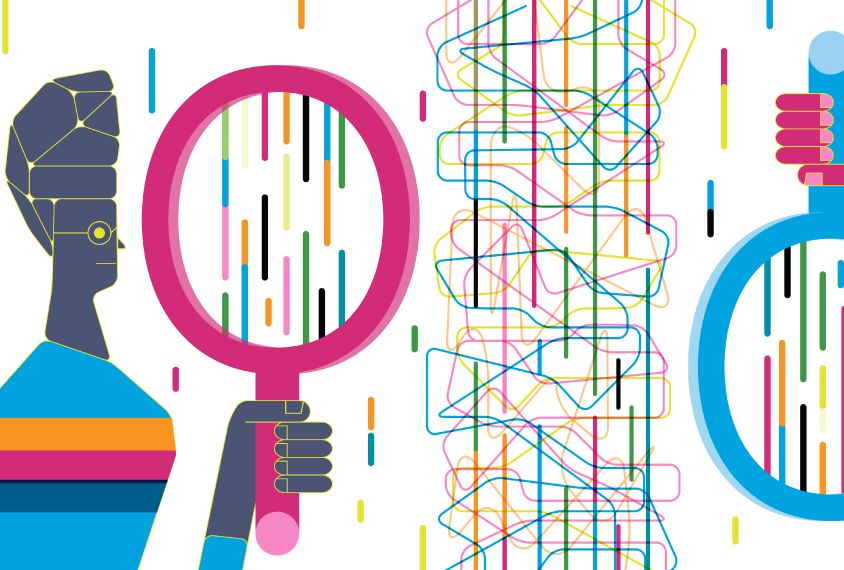
How to safeguard online data collection against fraud
When autism researcher Clare Harrop tried to recruit survey participants over social media, she received hundreds of fraudulent responses. But there are ways researchers can protect themselves from similar experiences.
Vasopressin relieves social deficits in an autism mouse model
Mice missing a copy of MAGEL2 have trouble discerning between a familiar mouse and an unfamiliar one; treating them with the social hormone vasopressin reverses this deficit.
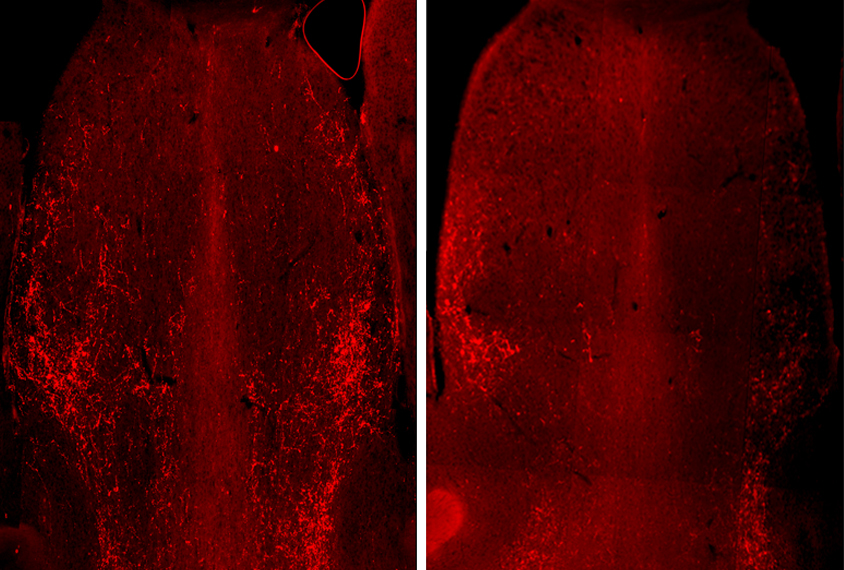
Vasopressin relieves social deficits in an autism mouse model
Mice missing a copy of MAGEL2 have trouble discerning between a familiar mouse and an unfamiliar one; treating them with the social hormone vasopressin reverses this deficit.
Brain-body connection may ease autistic people’s social problems
An auditory therapy may improve autistic people's emotional control and help them feel safe enough to engage with the world.
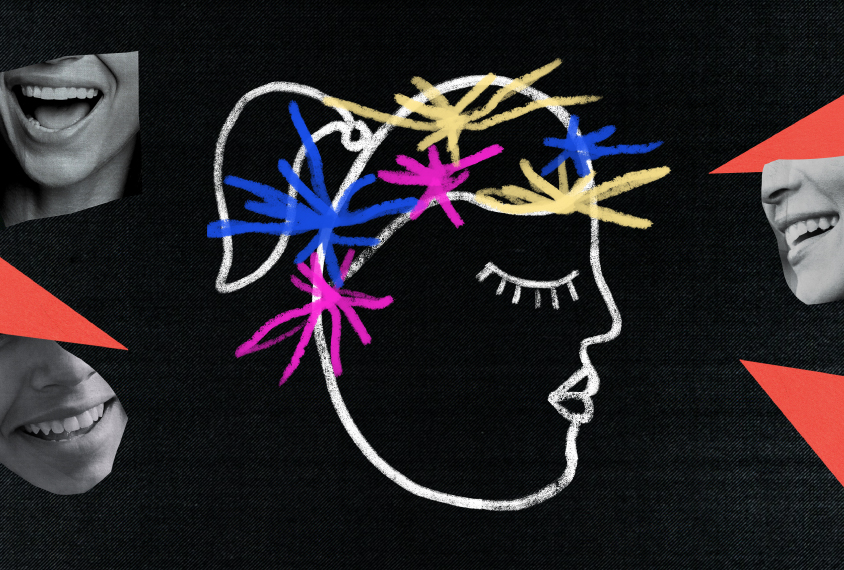
Brain-body connection may ease autistic people’s social problems
An auditory therapy may improve autistic people's emotional control and help them feel safe enough to engage with the world.
Explore more from The Transmitter
Dendrites help neuroscientists see the forest for the trees
Dendritic arbors provide just the right scale to study how individual neurons reciprocally interact with their broader circuitry—and are our best bet to bridge cellular and systems neuroscience.

Dendrites help neuroscientists see the forest for the trees
Dendritic arbors provide just the right scale to study how individual neurons reciprocally interact with their broader circuitry—and are our best bet to bridge cellular and systems neuroscience.
Two primate centers drop ‘primate’ from their name
The Washington and Tulane National Biomedical Research Centers—formerly called National Primate Research Centers—say they made the change to better reflect the breadth of research performed at the centers.

Two primate centers drop ‘primate’ from their name
The Washington and Tulane National Biomedical Research Centers—formerly called National Primate Research Centers—say they made the change to better reflect the breadth of research performed at the centers.
Post-infection immune conflict alters fetal development in some male mice
The immune-conflict between dam and fetus could help explain sex differences in neurodevelopmental conditions.

Post-infection immune conflict alters fetal development in some male mice
The immune-conflict between dam and fetus could help explain sex differences in neurodevelopmental conditions.